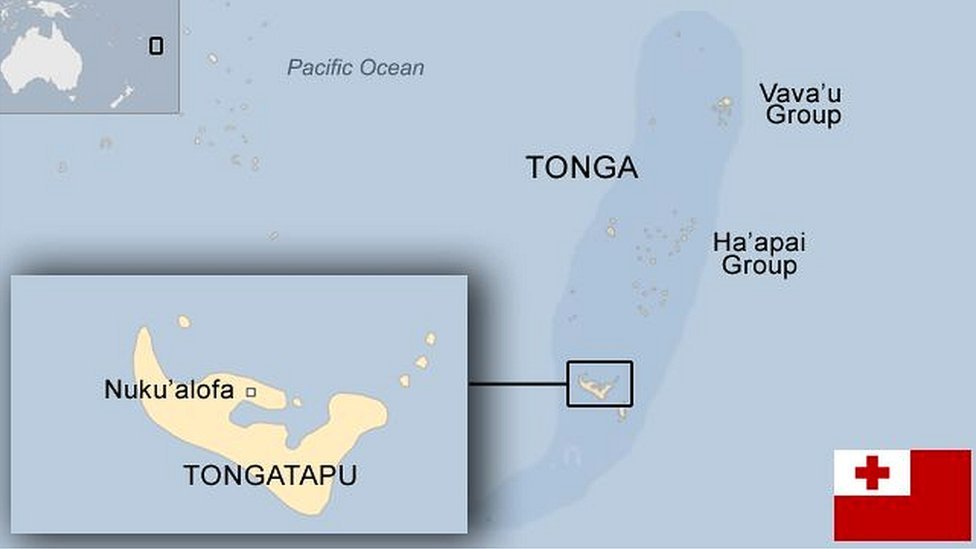
Tonga’s main businesses
Tonga, a Polynesian kingdom in the South Pacific, has an economy centered on several key industries and businesses. Despite being a small island nation, Tonga leverages its natural resources, geographical location, and cultural heritage to sustain its economy. Below is an overview of Tonga’s main business sectors:
1. Agriculture and Fisheries
Agriculture is a cornerstone of Tonga’s economy, contributing significantly to employment and exports. Major crops include:
Root crops: Taro, yams, and cassava are staples for domestic consumption and export.
Fruits: Watermelons, pineapples, and bananas are also grown for local and overseas markets. Fisheries are another critical sector. The nation’s exclusive economic zone (EEZ) is rich in marine resources, supporting commercial fishing of tuna and other seafood. Small-scale and artisanal fishing also play a vital role in local livelihoods.
2. Remittances
A unique aspect of Tonga’s economy is its reliance on remittances from overseas Tongans. Many Tongans work in countries like New Zealand, Australia, and the United States, sending money back to support their families. These remittances account for a significant portion of Tonga’s GDP and directly impact household incomes.
3. Tourism
Tourism is an emerging business sector in Tonga, leveraging its pristine beaches, coral reefs, and cultural heritage. Activities like whale watching, diving, and cultural tours attract visitors. However, the tourism sector faces challenges, including limited infrastructure and competition from other Pacific nations.
4. Retail and Trade
Retail businesses in Tonga cater to local and regional demand. These include small family-owned stores, supermarkets, and local markets where agricultural produce, handicrafts, and imported goods are sold. Imported goods such as machinery, food products, and fuel play a significant role in the market due to Tonga’s limited manufacturing base.
5. Handicrafts and Cultural Exports
Tonga’s rich cultural heritage supports its handicraft industry. Local artisans produce items like woven mats, tapa cloth, and traditional jewelry. These products are popular among tourists and exported to niche markets.
6. Construction and Real Estate
With increasing urbanization and infrastructure development, construction has become a growing business sector. Projects funded by international aid, such as schools, roads, and port facilities, have boosted this industry. Additionally, demand for housing and commercial spaces is on the rise.
7. Government and Public Services
The government is a significant employer in Tonga, offering jobs in education, health, and public administration. International aid supports many public projects and services, making it a key component of the economy.
8. Renewable Energy
Tonga is investing in renewable energy, particularly solar and wind power, to reduce its dependence on imported fuel. This sector has seen significant growth with international partnerships and funding.
9. Transportation and Shipping
Due to Tonga’s archipelagic nature, transportation and shipping businesses are vital. Local ferry services connect the islands, while international shipping facilitates trade.
Challenges and Opportunities
While Tonga has opportunities in tourism, agriculture, and renewable energy, the country faces challenges such as vulnerability to natural disasters, a small domestic market, and dependence on imports and aid. Efforts to diversify the economy, improve infrastructure, and attract investment are ongoing.
In summary, Tonga’s main businesses revolve around agriculture, fisheries, remittances, tourism, retail, and renewable energy. While small in scale, these industries reflect the country’s resourcefulness and resilience.



Leave a Reply